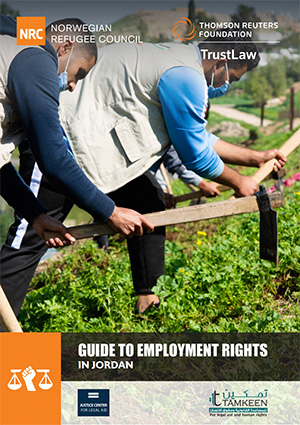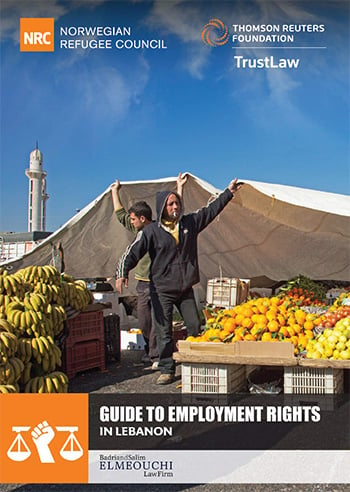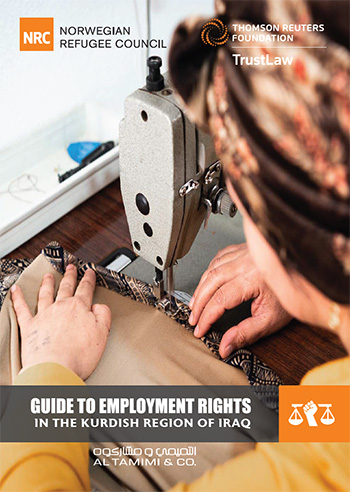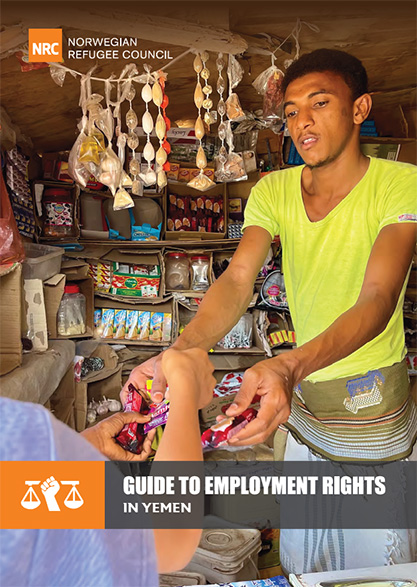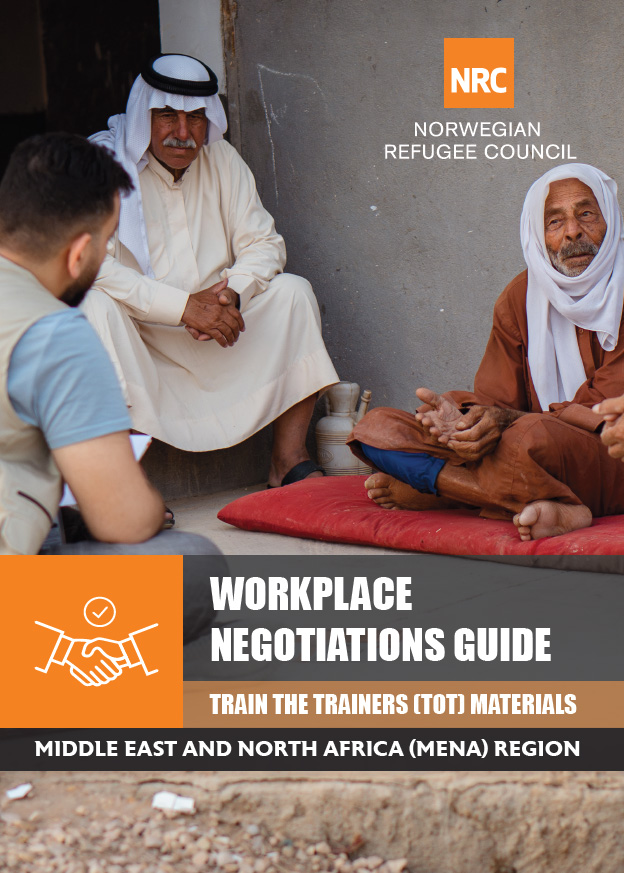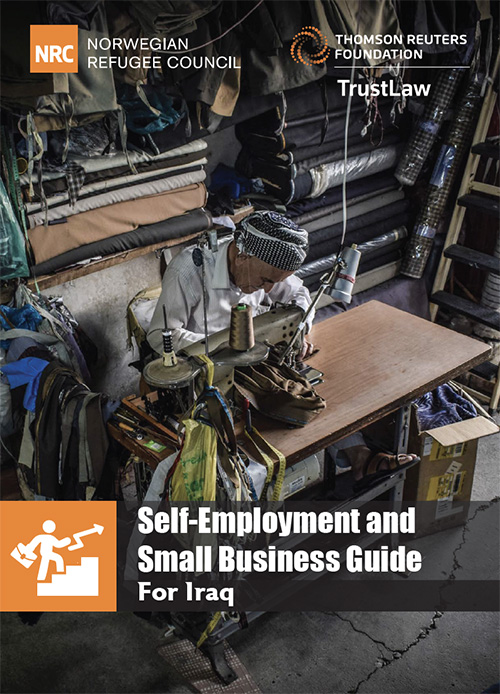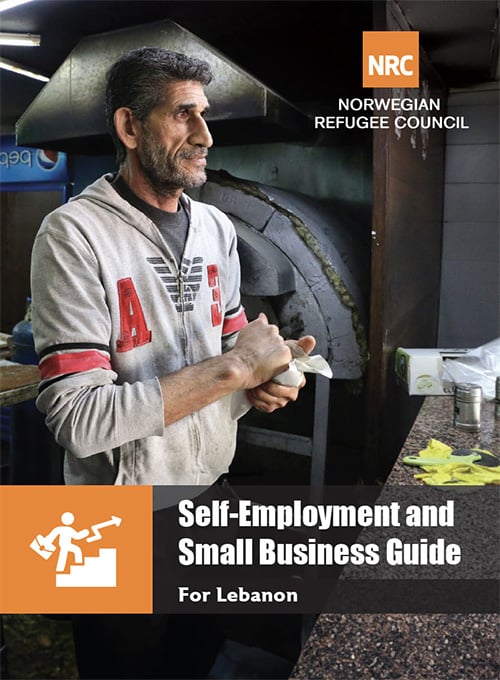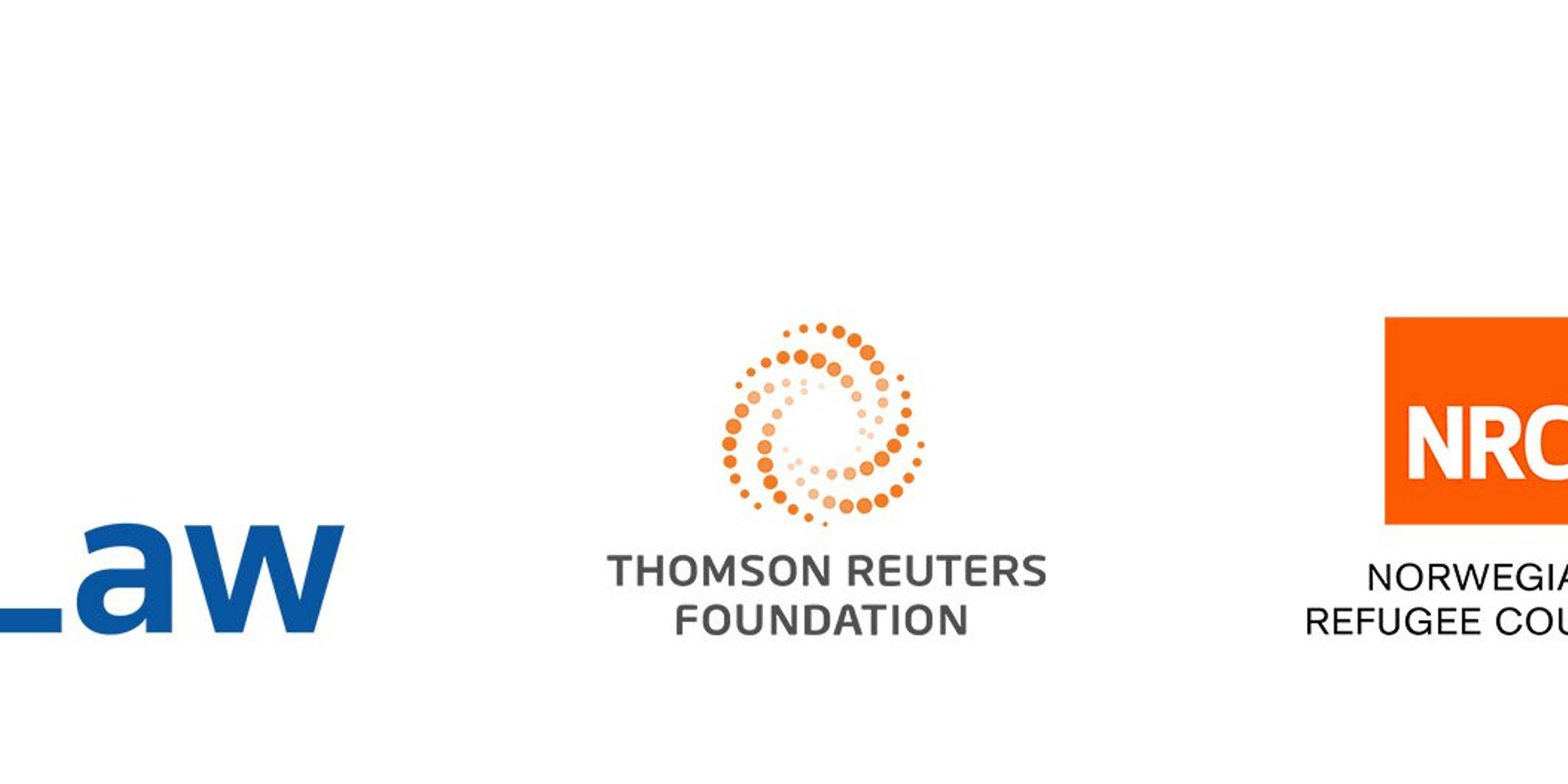
Go to Employment Rights guides →
Go to Self-employment and Small Business guides →
Refugees are particularly vulnerable to breaches of work rights. As non-nationals they often face restrictions on eligibility for work permits or limitations on sectors in which they can work. They often work informally or on a casual basis whenever they can find work. In case of violations they are often scared of claiming their right for fear of losing their jobs or facing problems from employers or authorities.
Many displaced people and refugees also work in self-employment or set up small businesses within host communities. Often, they are unaware of the requirements for business registratio'n or for obtaining licenses or permits for different types of businesses.
 Collecting Reeds in Southern Marshes, Iraq. Photo: Caroline Zullo/NRC
Collecting Reeds in Southern Marshes, Iraq. Photo: Caroline Zullo/NRC
As knowledge of rights is the first step to protecting rights, NRC has partnered with the Thompson Reuters Foundation/Trustlaw to produce a series of Employment Rights Guides in the Middle East. The guides are a legal resource for legal and other humanitarian professionals working with refugees and displaced persons on work rights, youth employment and vocational training, livelihoods and self-reliance and resilience. The guides cover:
- Work permits and procedures
- Basic work rights and safe working conditions
- Wages and social insurance
- Working hours, leave and other entitlements
- Dismissal and termination from employment
- Rights for female workers, youth and part-time workers
 Vocational Training Sewing Class, Jordan. Photo: Daniel Wheeler/NRC
Vocational Training Sewing Class, Jordan. Photo: Daniel Wheeler/NRC
The guides provide general guidance only. Advice on individual situations should be obtained from qualified lawyers. NRC and contributors to the guides accept no liability for actions taken in reliance on the information contained in the guides, particularly as laws and procedures on employment rights change frequently.
The pro bono legal research facilitated by Trustlaw and conducted by partner law firms including Al Tamimi & Co. Lawyers, Badri and Salim El Meouchi, Latham & Watkins LLP and Al Ali Sharif Zu’bi Advocates & Legal Consultants, is gratefully acknowledged by NRC.
Separate guides are available for Self-Employment and Small Businesses in the MENA region. These guides are intended to help displaced persons and refugees understand the national laws and regulations on registration of different types of business. The guides cover:
- Business registration
- Different types of business structures, including home-based and family businesses,
- Registration requirements for sole-traders
- Permit and licensing requirements including vocational, municipal and environmental approval
- Health certificates and occupational practice certificates for different types of professions
- Permit requirements for specific types of businesses including trades and crafts, retail, hospitality, industrial, street vendors, digital livelihoods and gig workers
- Requirements for business registration for foreign nationals, including refugees
|
|
|
|
|
|
Guide to employment rights in Lebanon
|
|
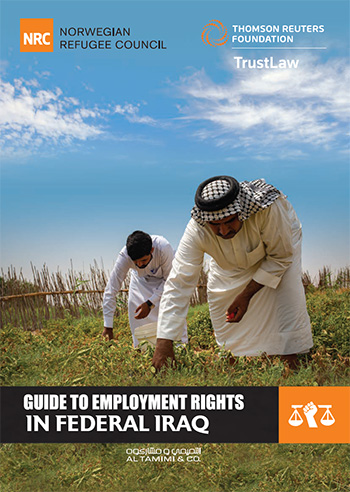 |
|
|
|
|
Guide to employment rights in the Kurdish Region of Iraq
|
|
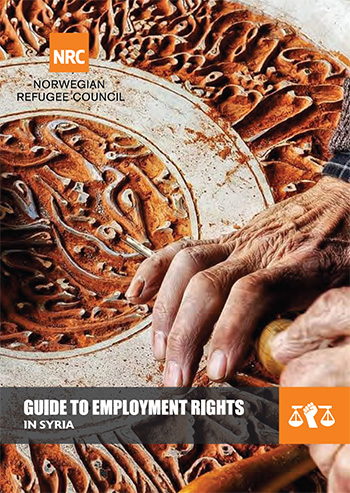 |
|
|
|
|
Guide to employment rights in Yemen |
|
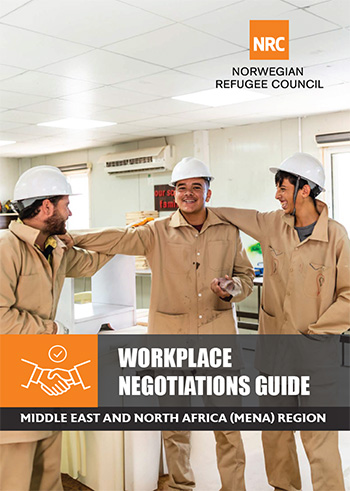 |
|
|
|
|
Workplace Negotiations Guide TOT |
|
|
|
|
|
Self-employment and Small Business Guide for Iraq |
|
Self-employment and Small Business Guide for Lebanon
|
Other useful references include: Closing the Gap (Iraq), Legalising labour work rights and conditions for Syrian refugees in Jordan (Jordan) and ILO’s global resources: ILO Normlex.
 |
 |
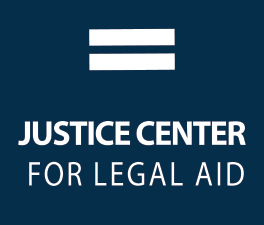 |
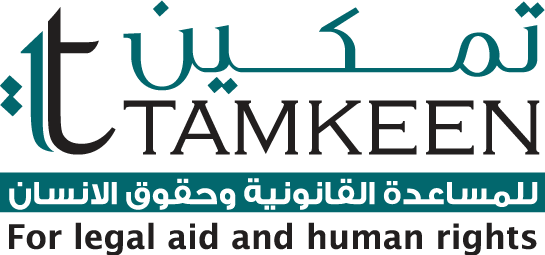 |


